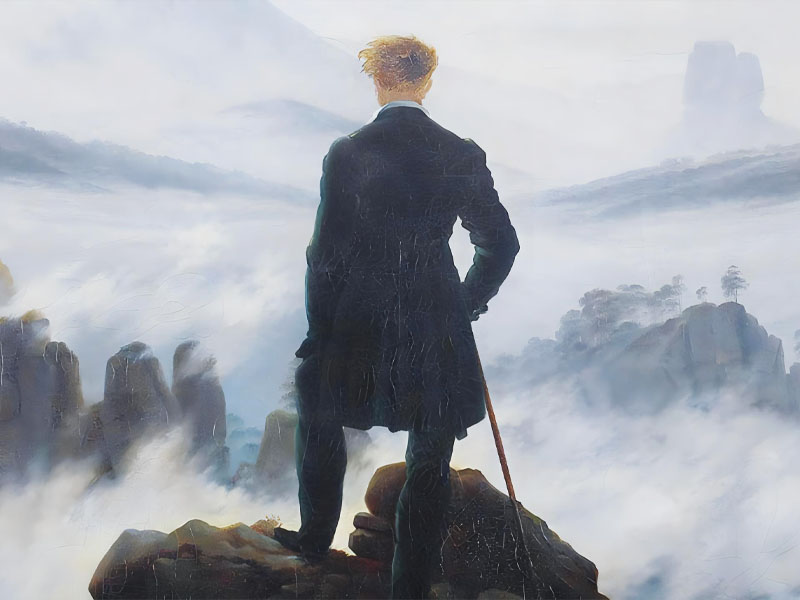Cultural Discourse and Society: An Anthropological Linguistic Introduction
Issue 51

Dr Abdul Rahman Mohammed Tu’ma
Department of Arabic Language, Faculty of Arts, Cairo University, Egypt
In this study, I attempt to identify some important foundations that link cultural discourse and society throughout the ages through the various anthropological concepts of cultural patterns that have shaped the intellectual structures of different societies. The socio-cultural interaction is essentially an intellectual interaction with philosophical premises and legendary tributaries tied to folk stories, which controlled a wide range of different and complementary concepts within each group and society. Those concepts eventually led to the crystallisation of the general representation of the surrounding world.
The study presents selected focuses and provides an explanation of the history of some related concepts and terms in order to present this subject by analysing some partial components of social cultural discourse and related anthropological and philosophical aspects. The study ends with an attempt to interpret the concepts by linking the symbols to reality and to different cultural norms.
- The study highlights the most important aspects of the relationship between anthropology and culture in human discourse in general.
- Investigations reveal the efforts that many anthropologists, linguists, sociologists and critics have made to address the phenomenon of discourse and culture.
- The various discussions that we present demonstrate the prominent role that old and new researchers play in highlighting the linguistic phenomenon and its relationship to the formation of various social, historical and cultural concepts.
- This study attempts to provide an important model for functional analysis and narration as prominent elements of thinking that we find even in the Holy Qur’an, which employs both narration and storytelling to form a sophisticated structure that is convincing to Arabs and foreigners. Through this analysis, we discuss the most important factors involved in shaping cultural and social movements.
- The study ends by addressing the overlap between philosophy, linguistics, and cultural discourse by presenting examples of representation by analytical philosophers, scholars and social critics.


































































